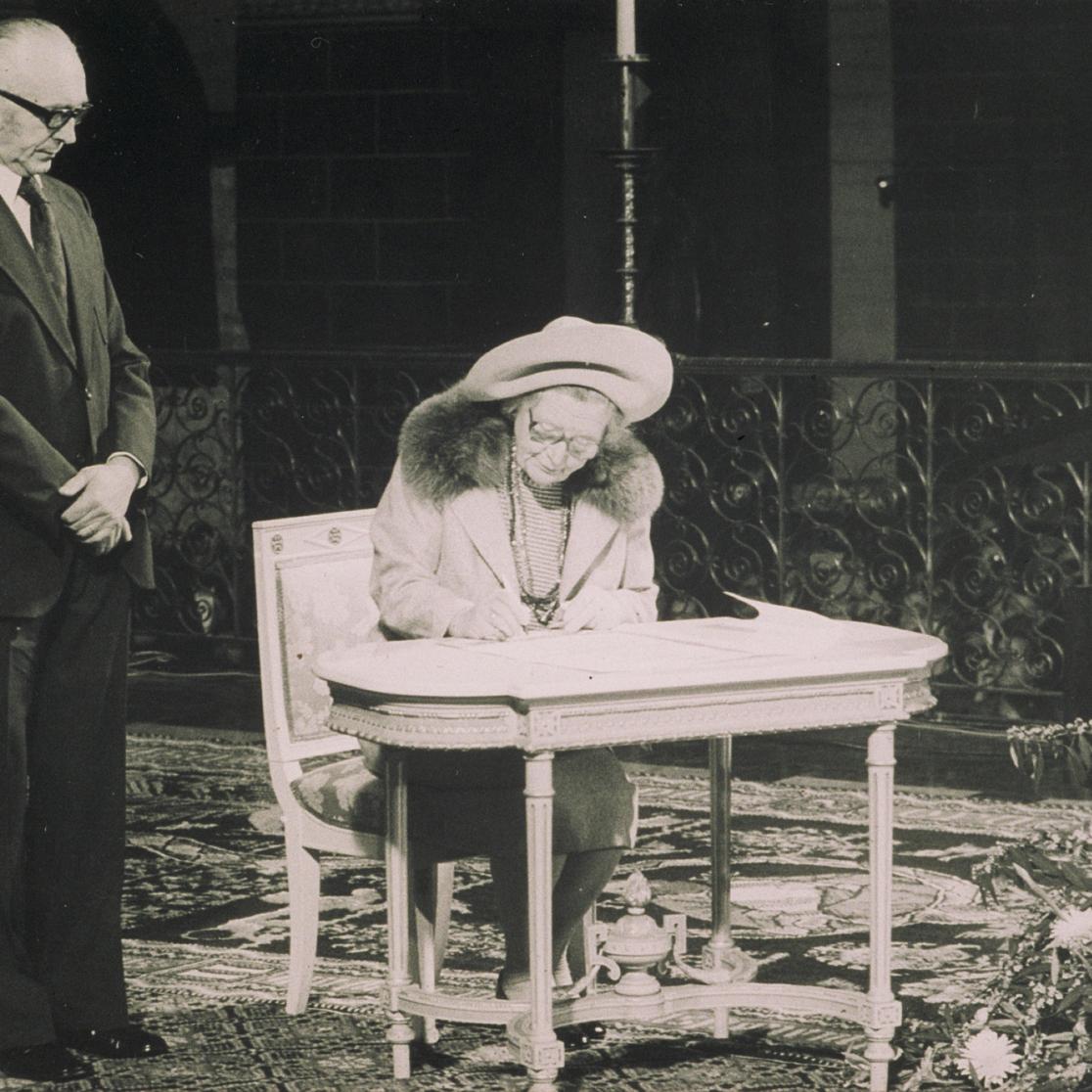Maastricht University - History
In the 1960s, the Netherlands required an eighth medical faculty. Maastricht was among the cities interested in hosting it. The closure of mines and the subsequent need for economic restructuring in South Limburg likely influenced this decision, leading to Maastricht being chosen as the location for the youngest university in the Netherlands. This new university needed to offer more than just additional study places to the Dutch university landscape.
1976: the official opening
On 9th January 1976 Queen Juliana signed the papers establishing what was then known as the Rijksuniversiteit Limburg. With less than 50 years, Maastricht University (UM) is one of the youngest universities.
Problem-Based Learning
The university’s founders chose an innovative educational approach; Problem-Based Learning (PBL). Medical research aimed to go beyond clinical studies and instead focus on the acquisition of knowledge that would benefit general practice and other primary healthcare.

Fast growing
UM experienced rapid growth, thanks to its Europe-focused programmes and innovative offerings in fields like Knowledge Engineering and Arts & Culture and is now considered a medium-sized university by European standards.
Looking at UM’s future
- UM prioritises quality and internationalization, focusing on socially relevant themes with a European perspective.
- UM aims to establish itself among the top European universities through distinctive study programmes and a streamlined research agenda.
- Collaboration with international, regional, and Euregional organisations will play a significant role in achieving this goal.
The Limburg University Fund (SWOL) has been UM’s crucial supporter, contributing to its development into an outstanding institution.